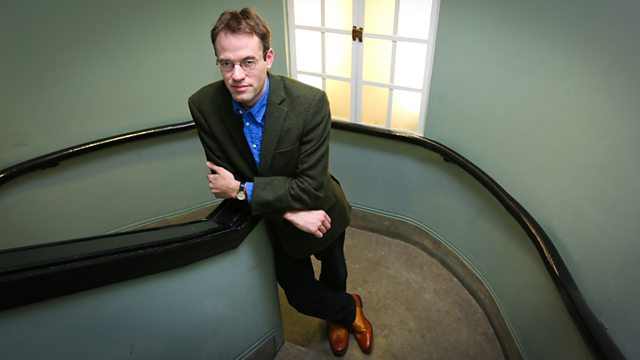Felons and Oddfellows
Friendship and self-help among the 19th-century poor. Dr Thomas Dixon's history of the evolution of friendship. From March 2014.
As the nature and depth of our friendships comes under scrutiny in an era of Social Networking, a timely history of friendship over the centuries.
Dr Thomas Dixon traces the idea of friendship as a form of practical self-help back to the Friendly Societies of the 18th and 19th centuries. At their peak, there were 9000 of these grass-roots institutions - many with quaint, archaic names, such as The Manchester Unity of Oddfellows - and it is estimated that 40% of the adult male population belonged to one - mobilising the power of friendship in a sort of forerunner of the Welfare State.
The importance of the idea of friendship emerges through the colourful vocabulary of friendship in the period - from cronies, trumps and bloaters to culliles, marrows and rib-stones, and the more familiar, chums and pals.
With contributions from Dr Helen Rogers and Professor Hugh Cunningham.
Producer: Beaty Rubens
First broadcast on �鶹�� Radio 4 in March 2014.
Last on
More episodes
Previous
Next
Further Reading
Simon Cordery, British Friendly Societies, 1750-1914 (Palgrave Macmillan, 2003)
R. A. Houston, Bride Ales and Penny Weddings: Recreations, Reciprocity, and Regions in Britain from the Sixteenth to the Nineteenth Centuries (Oxford University Press, 2014)
Heather Shore, Artful Dodgers: Youth and Crime in Early Nineteenth-Century (Boydell Press, 2002)
E. P. Thompson, The Making of the English Working Class (Victor Gollancz, 1963)
The History of Emotions blog
’
Broadcasts
- Mon 31 Mar 2014 13:45�鶹�� Radio 4
- Mon 4 Apr 2016 14:15�鶹�� Radio 4 Extra
- Tue 5 Apr 2016 02:15�鶹�� Radio 4 Extra
- New Year's Day 2018 14:15�鶹�� Radio 4 Extra
- Tue 2 Jan 2018 02:15�鶹�� Radio 4 Extra
- Mon 30 Sep 2019 14:15�鶹�� Radio 4 Extra
- Tue 1 Oct 2019 02:15�鶹�� Radio 4 Extra

